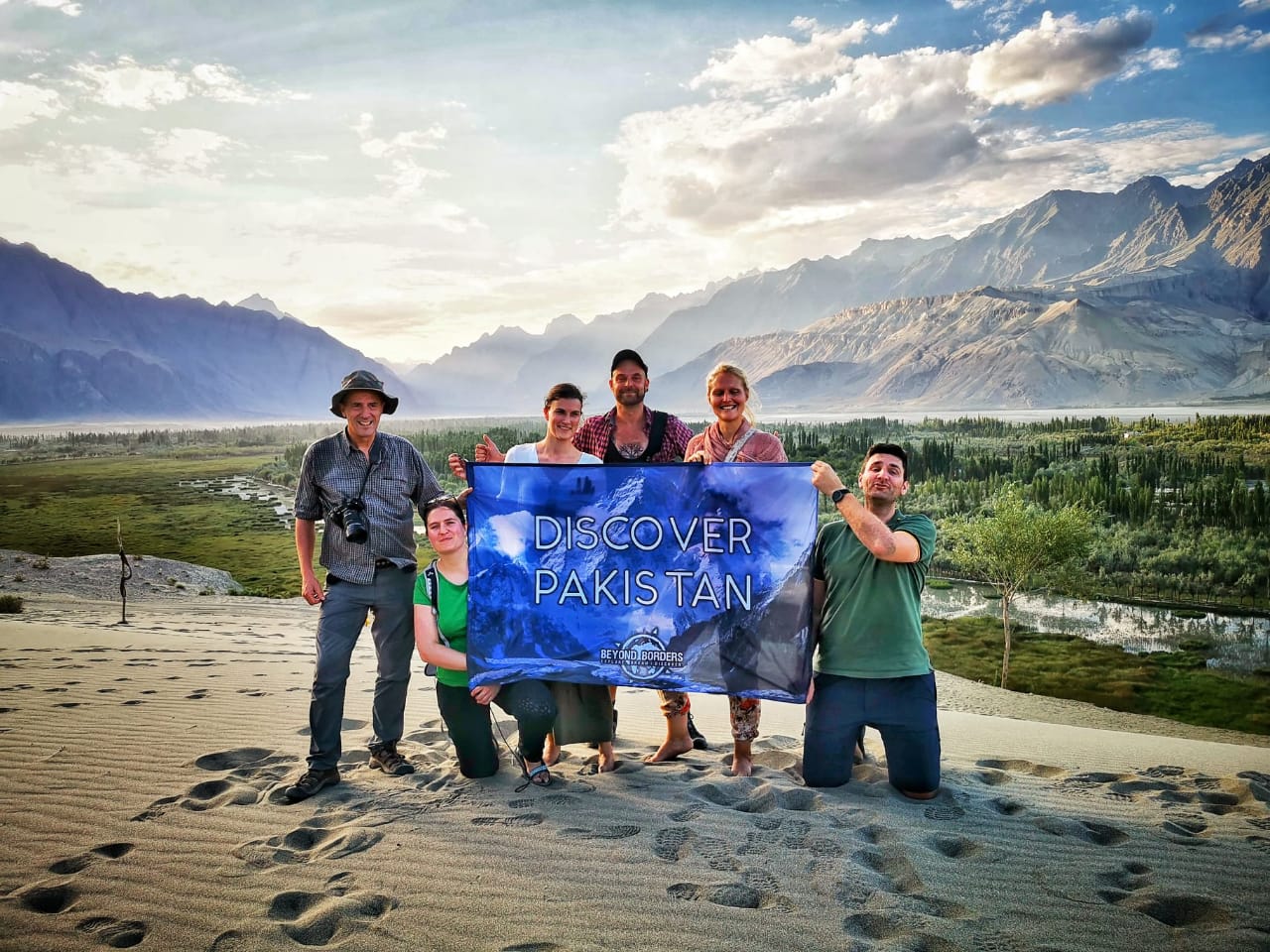Tourism has strong direct, indirect and induced impacts on local communities either positive or negative in aspect. The scale of impacts of tourism can often vary from country to country based on the structure of the tourism sector and how well tourism activities are linked with the local economy. The positive and negative impacts of Tourism industry can be classified into three major areas called the socio-cultural impact, economic impact, and environmental impact. Below are the details.
SOCIO-CULTURAL IMPACT
Tourism may have diverse impacts on the socio-cultural aspects of life in a particular region depending on the strengths of the region. The impacts can be both positive and negative in nature. The socio-cultural impacts are the social changes in the lives of local residents, improvements and development of infrastructure, interactions between peoples and culture background, attitudes and behaviours, and their relationships to material goods. The introduction of tourists to sensitive areas can be damaging, cause a loss of culture, and may contribute to the preservation of culture and cultural sites through increased resources.
Positive Impacts of Tourism on Society
- Infrastructure development benefitting the local population.
- Awareness of the superfluous customs prevailing in the region.
- Helps eradicate poverty by promoting the local arts and crafts produced by the local people.
- Fosters a sense of pride among locals.
- Helps strengthen bonds among communities.
- Helps establish peace and security through understanding and helps release stress
- Prevent urban centralization
- Helps conserve culture and tradition
- Restrains migration because of business/employment opportunities locally.
- Helps maintain part-time activities due to the creation of multiple opportunities.
- Promote safety as institutions feel it important to safeguard tourists and stakeholders.
Negative Impacts of Tourism on Society
- Hinders cultural freedom.
- Deters the life of the local population because of congestion, noise, and pollution.
- Promotes social evils like alcoholism, drug addiction, and prostitution in the local society.
- Displacement of locals to create new accommodation and recreation facilities.
- Cause of spread of contagious diseases.
- Distortion of community structure, family relationships, collective traditional lifestyles.
- Devaluation of unique artefacts
- Increased child labour due to growth
ECONOMIC IMPACT
The economic impact can be measured in terms of monetary benefits and the overall economic development of the society. Economic impacts are usually observed as positive because of its contribution to employment, better services, and social stability. At the same time, these impacts can also contribute to high living costs within the community leading to rising costs for locals and push local business out of the areas.
Positive Impacts of Tourism on Economy
- Tourism (inbound and domestic) helps to generate revenue from foreign shores.
- Create job opportunities.
- Stimulate the development of infrastructure.
- Generates opportunities for small-scale local businesses.
- Contributes to exchange earning
- Helps increase government revenues through tax
Negative Impacts of Tourism on Economy
- Tourism (outbound) creates economic leakage.
- Create a sense of dependency on the customer or economic recession.
- Promote parallel economies.
- Expenses for development
- Import of particular food items
- International investor intervention
ENVIRONMENTAL IMPACT
Besides its impact on national and local economies, the tourism sector has a strong environmental aspect that must be considered. Tourism’s environmental impact refers to its impact on nature and surrounding areas which collectively make up tourism attractions in a particular destination. Environmental impacts basically affect the overall carrying capacity of a destination, natural cycle, flora and fauna, vegetation, air quality, water bodies and the water tables.
Positive Impacts of Tourism on Environment
- Promotes investment in the conservation of natural habitats and the ecosystem.
- Contributes to the stability of the ecosystem.
- Discourages deforestation and over-fishing in water bodies in developing countries.
- Contributes to creating awareness of the value of the environment for humans.
- Helps produce an alternative to natural resources
- Helps lead a better quality of life
Negative Impacts of Tourism on Environment
- Promotes vandalism, littering and littering.
- Makes way for the destruction of wildlife and vegetation.
- Invites air, and water pollution and disturbs animal and marine life.
- Creates a large carbon footprint.
- Creates a sense of dependency on natural resources.
- Causes depletion of natural resources
- Disturbs natural habitat of wildlife


Comment (0)